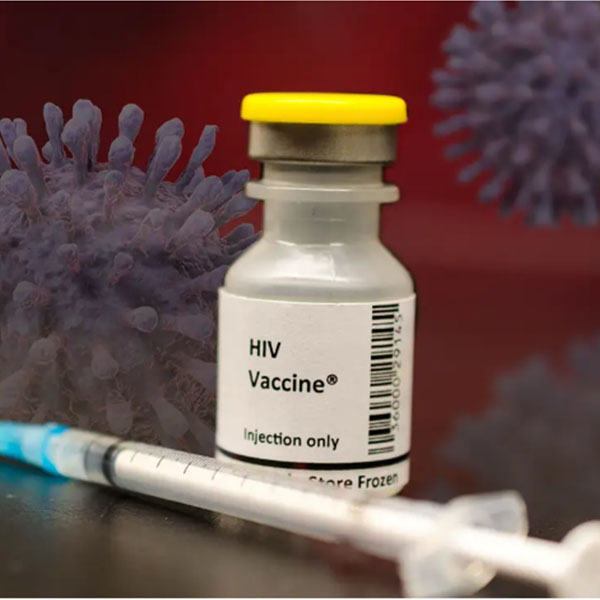In a significant stride towards combating the HIV epidemic, the Ghana AIDS Commission has announced plans to introduce an HIV preventive vaccine by 2026. This initiative aims to reduce new infections and bolster the country’s fight against the virus. With over 15,000 new HIV cases reported in 2023 and an estimated 354,000 people living with HIV in Ghana, the need for innovative prevention strategies is paramount.
Dr. Prosper Akanbong, Director-General of the Commission, emphasized that the vaccine will be a central component of Ghana’s HIV prevention program. While initial supplies will be sourced internationally, discussions are underway with pharmaceutical companies to facilitate local production by late 2026 or early 2027, supported by the German development agency GIZ.
This move not only aims to enhance HIV prevention but also seeks to strengthen Ghana’s pharmaceutical capacity, creating a sustainable and self-reliant health infrastructure.
Global Experiences: Lessons from Other Countries
Ghana’s initiative aligns with global efforts to develop and implement HIV preventive vaccines. Several countries have undertaken trials and programs to assess the efficacy and impact of such vaccines:
-
Thailand (RV144 Trial): In 2009, Thailand conducted the RV144 trial, which demonstrated a modest 31.2% reduction in HIV-1 infection rates compared to the placebo group. While the efficacy was limited, it marked the first time an HIV vaccine showed protective effects in humans. MDPI
-
South Africa (HVTN 702 Trial): Building on the RV144 trial, South Africa launched the HVTN 702 trial. However, the trial was halted early as interim results indicated that the vaccine did not prevent HIV-1 infection. MDPI
-
PrEPVacc Study (East and Southern Africa): The PrEPVacc study, conducted from 2018 to 2024, combined experimental HIV vaccines with pre-exposure prophylaxis (PrEP). Unfortunately, the study concluded that neither of the two experimental vaccine regimens tested reduced HIV infections among the study population. PrEPVacc
These experiences underscore the complexities and challenges in developing effective HIV vaccines. However, they also provide valuable insights into the scientific, logistical, and ethical considerations necessary for successful implementation.
Relevance to Ghana: Addressing Local Challenges
Ghana faces unique challenges in its fight against HIV, including high infection rates among women and young people, particularly in regions like Ashanti, Greater Accra, and Eastern. Stigma and limited testing further hinder early detection and treatment. Introducing an HIV preventive vaccine tailored to the local context can address these challenges by providing an additional layer of protection, especially for high-risk groups.
The integration of the vaccine into existing HIV prevention programs, along with comprehensive community engagement and education, can enhance its effectiveness and acceptance among the population.
Sustainability: Building a Self-Reliant Health System
Ghana’s plan for local vaccine production is a strategic move towards sustainability. By developing domestic manufacturing capabilities, the country can reduce dependence on international suppliers, ensuring a steady and affordable supply of vaccines. This approach also fosters job creation, technological advancement, and capacity building within the local pharmaceutical industry.
Furthermore, local production aligns with global health trends, such as the WHO’s recommendation of injectable lenacapavir for HIV prevention. Lenacapavir has shown nearly 100% effectiveness in preventing HIV infection with just two injections per year. Making such innovations affordable and accessible is crucial for long-term success. Le Monde.fr
Conclusion: A Step Towards a Healthier Future
Ghana’s commitment to introducing an HIV preventive vaccine by 2026 is a commendable step towards reducing new infections and strengthening the country’s health infrastructure. By learning from global experiences, addressing local challenges, and focusing on sustainability, Ghana can pave the way for a healthier future free from the threat of HIV.





